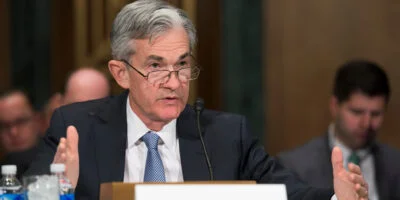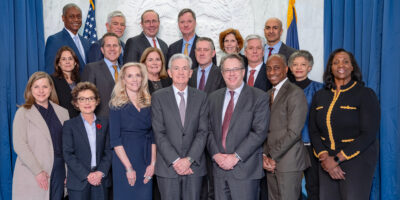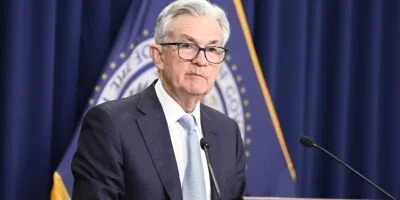The Fed as Witchdoctor
Although very few in the mainstream media are paying much attention, there’s growing chatter in sound-money circles about the ongoing phenomenon of negative real interest rates. By pumping in nearly $2 trillion in extra bank reserves and committing to keep the benchmark inter-bank lending rate at basically zero for 2 more years, the Fed has flooded the banking system with “liquidity.” Combine this with an uptick in the savings rate during the recession—people rationally hold on to more cash due to unemployment fears and/or realization that they’ve been living beyond their means—and it comes to pass that banks simply don’t need to offer very high rates on savings accounts to attract sufficient deposits. The best rates on 1 year CDs are currently barely above 1%.
The flipside of all this monetary “easing” is that inflation has shot up, from -1% in 2009 to almost 4% today. Inflation is thus eating away at the real value—the purchasing power—of people’s savings at 4 times the pace that interest earnings are adding to them. The result is basically the equivalent of a 3% (or higher) tax on savings accounts. Many people will keep adding to their savings anyway, because economic forces are indicating, finally, that it is prudent to do so. But savers sure aren’t getting rewarded like they used to. And if you’re one of those strange old coots who thinks that savings is essential for capital formation—i.e. for productive investment in plant, equipment, research and technology that will get America’s economy growing again—this is not good news.
One blogger sums up the situation well: “It is time for the Fed’s economists to have the sort of revelation that doctors did a couple of hundred years ago, when they realized that prescribing a bleeding did not really help patients recover.”
Tyler Watts is an assistant professor of economics at Ball State University.
Image: africa/ FreeDigitalPhotos.net









